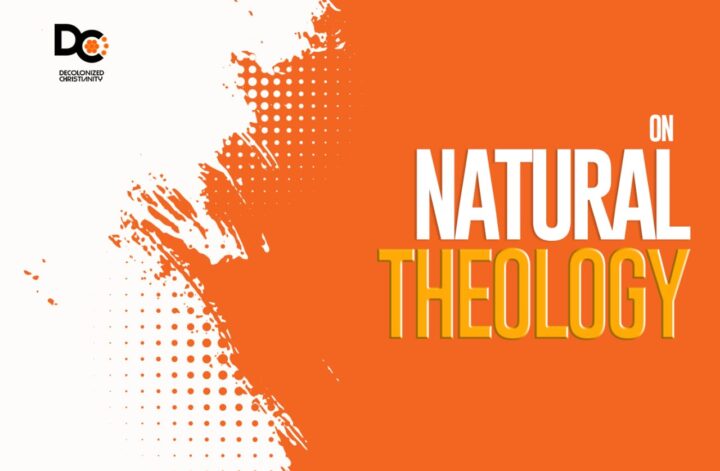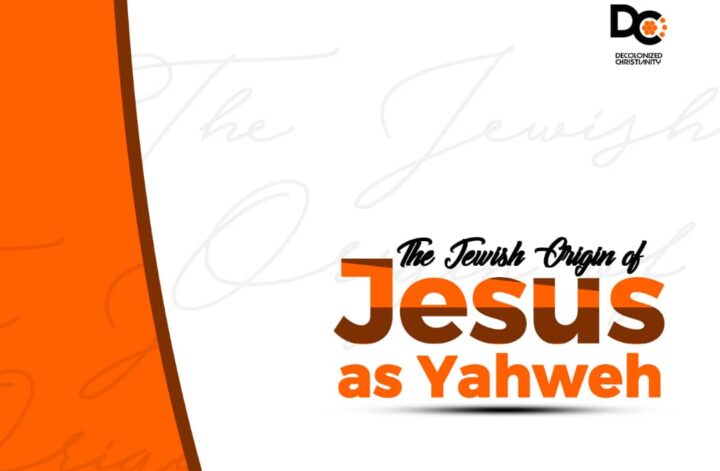Natural Theology is the branch of theology that seeks to argue for God (or theism) solely from observed facts and experiences. A natural theologian may reference the bible in her work without assuming special knowledge or revelation. She may cite a bible passage but only like any other book. It is worth reiterating that natural theology is a natural enterprise. It is a human endeavor that seeks to employ reason to argue for God’s existence. To that end, two points are worth accentuating here.
First, the arguments of natural theology are not infallible or immutable. A natural theologian does not take a theistic argument to be on the level of a divinely inspired text. Theistic arguments rely on observed facts and experiences. As facts change, relevant theistic arguments must accommodate the changes to remain valid. Indeed, original arguments, such as the Leibnizian Cosmological Argument and the Ontological Argument of Saint Anselm, might be easily refuted today without appropriate modifications. Second, an unconvinced person, theist or otherwise, may reject a theistic argument. Once again, the deliverances of natural theology do not claim divine inspiration. Besides, it is difficult to imagine how one may affirm an argument that one does not adequately understand. (Of course, one’s inability to understand an argument does not count against it.) I once had such an experience.
The Moral Argument is one of the more popular theistic arguments around. One form of the argument goes like this:
- If God does not exist, objective moral values and duties do not exist.
- Objective moral values and duties do exist.
- Therefore, God exists.
For several years, I could not get down with this argument. I knew it was a logically airtight argument—the conclusion can’t be wrong if the premises are correct. But I felt like the first premise was contrived, nonetheless. Indeed, I thought the premise was as flawed as saying, “if the moon is made of Amala, then God exists.” It was not until I studied the work of the systematic theologian and philosopher William Lane Craig that I finally could grasp what was going on with the argument. (Interestingly, William Craig himself also had a similar reservation about this argument and was helped by the work of another philosopher.) It turns out that the argument is not defective. Premise one posits an explanation for objective morality, and I was somewhat slow to grasp it. Even with a good understanding of the argument, someone may still find grounds to reject it, as we shall see.
Moral duties have to do with something right or wrong, while moral values have to do with good or bad. The difference is not trivial—something may be good for you but not right for you. Here is an example to explain what “objective” means. It is not only wrong to torture babies for fun or rape someone; it is objectively wrong to do so. By that, I mean there never was, and never will be, a time when it was not wrong to rape or torture babies. Of course, this does not mean that some people or cultures have not thought it right to do these things. Also, this is not a holier-than-thou statement that seeks to enforce my personal view on everyone else. Instead, it would still be wrong to rape or torture babies even if I did not exist. Hence, “objective,” as used here, really means “regardless of what people say or think.”
Most people grant that objective morality exists. Indeed, it is the underlying basis of ethical theories—however, each ethical theory handles moral problems differently. For instance, utilitarianism, the moral theory that urges us to seek the greatest happiness for the maximum number of people, presupposes objective morality. Suppose there was no objective morality binding on all. In that case, one might ask why we should care about anyone else’s happiness. Similarly, the Kantian ethical theory that forbids us from using people as a means to an end also presupposes objective reality. Again, one might otherwise ask why one should not use people as a means to an end, especially if one can.
However, a minority of people deny the existence of objective moral values and duties. To some of them, morality is subjective. That is, it is people-dependent. One culture may have reasons to normalize rape, for instance. And it would be arrogant for another culture that sees rape as wrong to consider the other culture as being wrong. Essentially, morality is what a culture decides it to be for these people. While we may refute this position, the point, for now, is that some people, a tiny minority, deny the existence of objective moral values and duties. And for such people, the moral argument fails. The apologist may need to resort to other arguments–and there are about thirty of them.
As demonstrated, natural theology uses reason alone to argue for the theistic God, with no appeals to special knowledge or divine revelation. To this end, natural theology is a branch of philosophy. It is worth noting that the arguments of natural theology do not pick out a specific deity—Olodumare, Yahweh, Allah, or whoever. They seek to establish, in a general sense, that some transcendent God exists. Perhaps, more importantly, the deliverances of natural theology make it uneasy for someone to dismiss religion. Gone are the days when intellectuals could dismiss religion without engaging with the truth claims. A non-theist would have to interact with the arguments to be intellectually respectable today.




